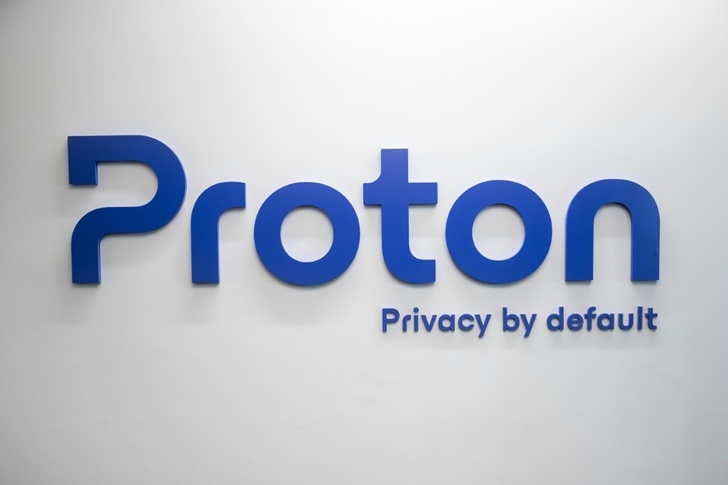Internet privacy and access company Proton said Monday it would provide German broadcaster Deutsche Welle with virtual private network (VPN) services aimed at helping skirt government censorship.
Switzerland-based Proton said the partnership was the first between a VPN provider and media company, and would allow users to bypass censorship and internet blocks imposed by governments in a number of countries.
As part of the Deutsche Welle partnership, it said it had "deployed dedicated servers optimised to bypass government blocks and provide high-speed access to DW websites and video content."
"The aim of the partnership is to make independent news accessible anywhere in the world, including in countries with censorship," it said.
Proton chief Andy Yen said the partnership was sorely needed.
"Free access to information is under attack on a scale that we haven't seen before," he said in the statement.
"Authoritarian governments the world over are routinely censoring and blocking international news outlets, limiting their citizens' access to information and shutting down dissent."
Proton, perhaps best known for its encrypted email service, has increasingly drawn the ire of governments in countries like Russia and Iran with its VPN services that help users skirt such online restrictions.
Following Moscow's full-scale invasion of Ukraine a year ago, the company says it saw demand for its VPNs surge by 9,000 percent in Russia.
VPNs typically scramble traffic in an encrypted tunnel and mask users' IP addresses, ensuring private communication and anonymity and access to otherwise blocked sites.
Proton has also rolled out alternative routing and stealth technology to render VPN traffic invisible to sensors.
Guido Baumhauer, DW's head of distribution, marketing and technology, hailed the partnership, praising Proton for its dedication to "protecting the online privacy of activists, journalists and others while providing them with free, unrestricted access to the open internet."
Ahead of the announcement, Yen told AFP that the company hoped other media partnerships will follow.
"If this model is effective, I can see this as being an example for dozens of other media outlets around the world," he said.
"This is one of those things where we really can have a very deep, substantial and lasting impact on freedom of information, especially in the current landscape where privacy is constantly under attack."
nl/rjm/lth
© Agence France-Presse
Your content is great. However, if any of the content contained herein violates any rights of yours, including those of copyright, please contact us immediately by e-mail at media[@]kissrpr.com.
Source: Story.KISSPR.com

